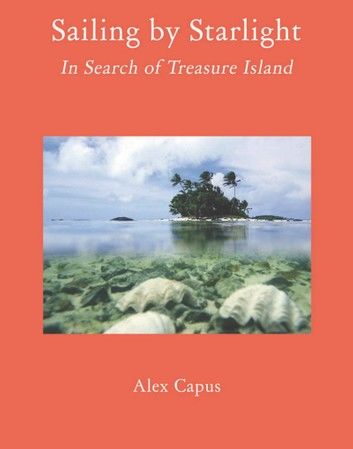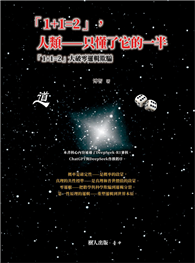Capus takes us on an exploratory journey via the loss of a Spanish vessel laden with gold and jewels in the South Seas, the burial of treasure, an ancient map, and a long and dangerous voyage across the Pacific, to prove that Robert Louis Stevenson's "treasure island" actually exists; and that it exists in a place quite different from where hordes of treasure-hunters have been seeking it for generations. In fact, he posits, it was for this reason alone that Stevenson spent the last five years of his life in Samoa. On a long trip round the Pacific islands with the idea of writing articles for American periodicals, Stevenson, travelling with his beloved wife, Fanny, and stepson Lloyd Osbourne, had no notion of stopping at Samoa when their ship made landfall in December 1889. Yet, only six weeks later, at the age of 39, he would invest all his available assets in a patch of impenetrable jungle and spend the rest of his life there. This book traces what led Stevenson to Samoa and the origins of his famous story. For facing him from this unlikely spot was another island – a conical isle, Tafahi, where legends abound, and it was, Capus suggests, this isle that would cause him to change the course of his life.












